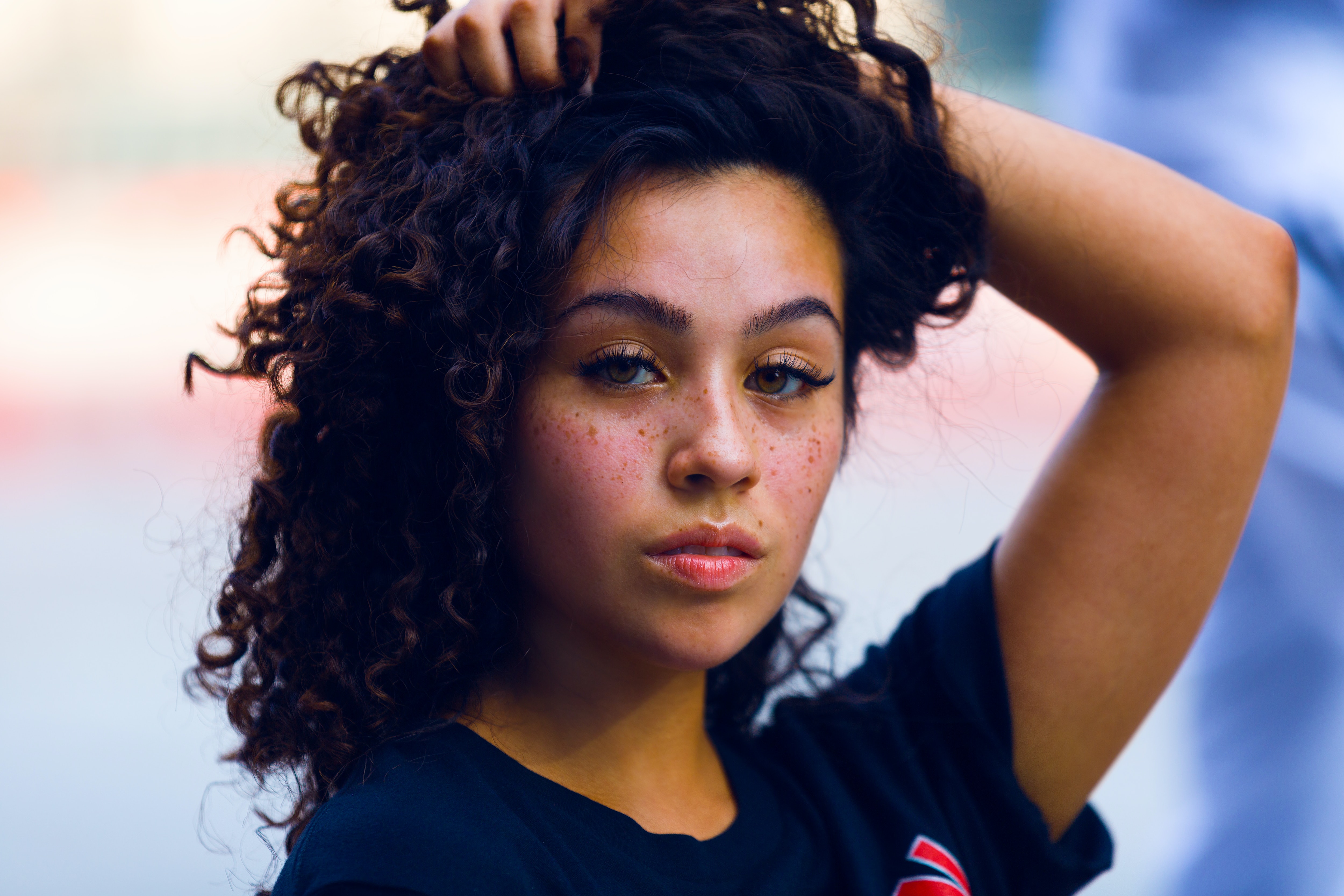Are you tired of dealing with annoying pimples and breakouts? You're not alone. Acne affects millions of people worldwide, making it one of the most common skin conditions. Fortunately, there are proven ways to help you get rid of pimples and prevent them from coming back. In this article, we'll discuss ten effective methods for banishing blemishes and achieving clear, healthy skin. Plus, we'll tackle the most frequently asked questions about acne to provide you with comprehensive guidance on your journey to acne-free skin.
- Maintain a Consistent Skincare Routine
A consistent skincare routine is crucial for maintaining clear and healthy skin. Be sure to cleanse, tone, and moisturize your face twice daily using products designed for your skin type. Removing dirt, oil, and makeup from your skin can help prevent clogged pores, which often lead to pimples.
- Exfoliate Regularly
Exfoliating your skin once or twice a week can help remove dead skin cells and unclog pores. Opt for a gentle exfoliant that won't irritate your skin. Be careful not to over-exfoliate, as this can cause irritation and make acne worse.
- Use Non-Comedogenic Products
Non-comedogenic products are designed not to clog pores, making them ideal for acne-prone skin. Look for makeup, sunscreen, and skincare products labeled as non-comedogenic to prevent pore blockages that can lead to breakouts.
- Avoid Touching Your Face
Touching your face can transfer bacteria, dirt, and oil to your skin, increasing the risk of pimples. Keep your hands away from your face as much as possible and wash them regularly to minimize the spread of bacteria.
- Manage Stress
Stress can trigger acne breakouts by increasing the production of hormones like cortisol, which can lead to excess oil production. To keep stress levels in check, try incorporating relaxation techniques such as meditation, deep breathing exercises, or yoga into your daily routine.
- Stay Hydrated
Drinking plenty of water can help maintain healthy skin by flushing out toxins and keeping your skin cells hydrated. Aim for at least eight glasses of water a day to support overall skin health.
- Eat a Balanced Diet
A diet rich in fruits, vegetables, whole grains, and lean proteins can help support clear skin. Avoid excessive sugar and refined carbohydrates, which can cause inflammation and contribute to acne.
- Change Your Pillowcase Regularly
Dirt, oil, and bacteria can accumulate on your pillowcase, contributing to acne. Change your pillowcase at least once a week to minimize the transfer of these acne-causing agents to your skin.
- Don't Pop Pimples
Popping pimples can cause inflammation, scarring, and spread bacteria, making acne worse. Instead, use a spot treatment containing salicylic acid or benzoyl peroxide to help reduce inflammation and speed up healing.
- Consult a Dermatologist
If your acne persists or worsens despite trying the above tips, consider consulting a dermatologist. They can assess your skin and recommend appropriate treatments, such as prescription medications or in-office procedures.
Frequently Asked Questions About Acne
Q: What causes pimples?
A: Pimples are caused by a combination of factors, including excess oil production, clogged pores, bacteria, and inflammation. Hormonal fluctuations, stress, and certain medications can also contribute to acne development.
Q: How long does it take for a pimple to go away?
A: The lifespan of a pimple can vary depending on the type and severity of the acne. Generally, it takes between 3 to 7 days for a pimple to heal. However, cystic acne can take longer to resolve, sometimes up to a few weeks.
Q: Are there any home remedies for acne?
A: While some home remedies like tea tree oil, apple cider vinegar, and honey may have mild acne-fighting properties, it's essential to use caution when trying these treatments. They may not be as effective as proven over-the-counter or prescription treatments and could potentially cause irritation or an allergic reaction.
Q: How can I prevent acne scars?
A: To minimize the risk of acne scarring, avoid picking at or popping pimples, which can cause inflammation and increase the likelihood of scarring. Also, use sunscreen daily to protect your skin from UV damage that can worsen the appearance of scars. If you're concerned about existing acne scars, consult a dermatologist for professional treatment options like chemical peels, laser therapy, or microneedling.
Q: What's the difference between acne and pimples?
A: Acne is a broad term referring to a skin condition characterized by clogged pores, blackheads, whiteheads, pimples, and sometimes cysts or nodules. Pimples are a type of acne lesion that occurs when a pore becomes clogged with oil, dead skin cells, and bacteria, leading to inflammation and the formation of a red, pus-filled bump.









